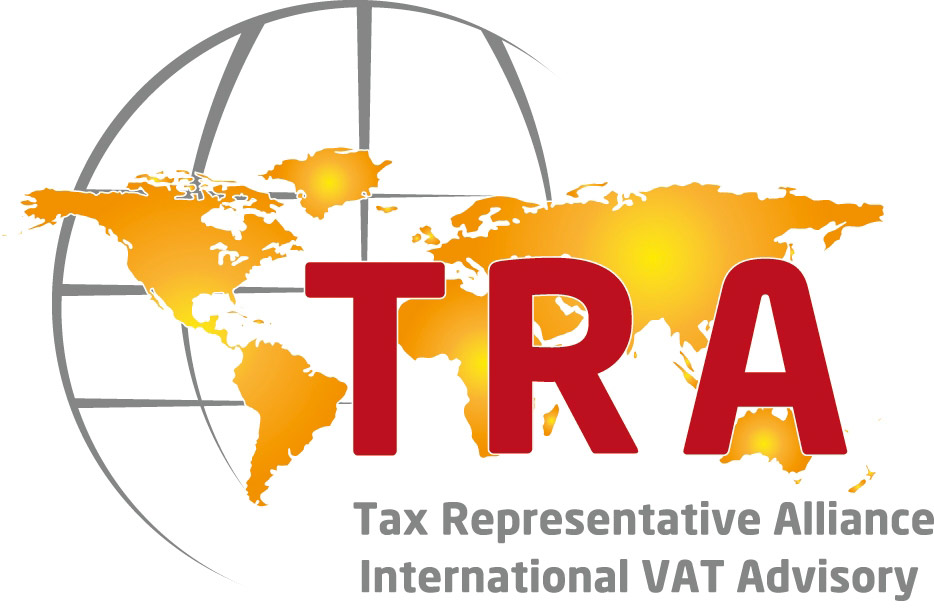On 8 December 2022, the European Commission proposed new tax transparency rules for all service providers facilitating transactions in crypto-assets for customers resident in the European Union.
These complement the Markets in Crypto-assets (MiCA) Regulation and anti-money laundering rules.
Fair and effective taxation is key to securing revenues for public investment and services, while creating a business environment in which innovation can flourish. However, tax authorities currently lack the necessary information to monitor proceeds obtained by using crypto-assets, which are easily traded across borders. This severely limits their ability to ensure that taxes are effectively paid, which means European citizens lose important tax revenues.
The proposal will improve Member States’ ability to detect and counter tax fraud, tax evasion and tax avoidance, by requiring all crypto-asset service providers – irrespective of their size or location – to report transactions of clients residing in the EU.
The Directive also aims to establish a common minimum level of penalties for situations of serious non-compliance, such as the complete absence of reporting despite administrative reminders. Moreover, the Commission suggested extending both reporting obligations of financial institutions to cover e-money and digital currencies and the scope of the automatic exchange of information to advance cross-border rulings used by high net-worth individuals.
Next steps
The proposal, which takes the form of an amendment to the Directive for Administration Cooperation (DAC), is consistent with the OECD initiative on the Crypto-Asset Reporting Framework (CARF) and the amendments to the OECD Common Reporting Standard (CRS).
The draft text will be submitted to the European Parliament for consultation and to the Council for adoption.
It is foreseen that the new reporting requirements with regard to crypto-assets, e-money and digital currencies would enter into force on 1 January 2026.


